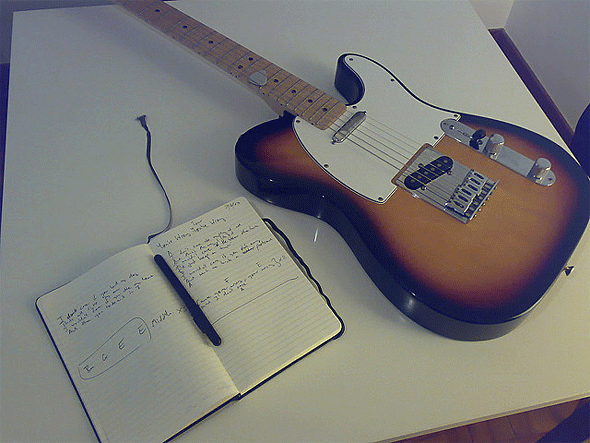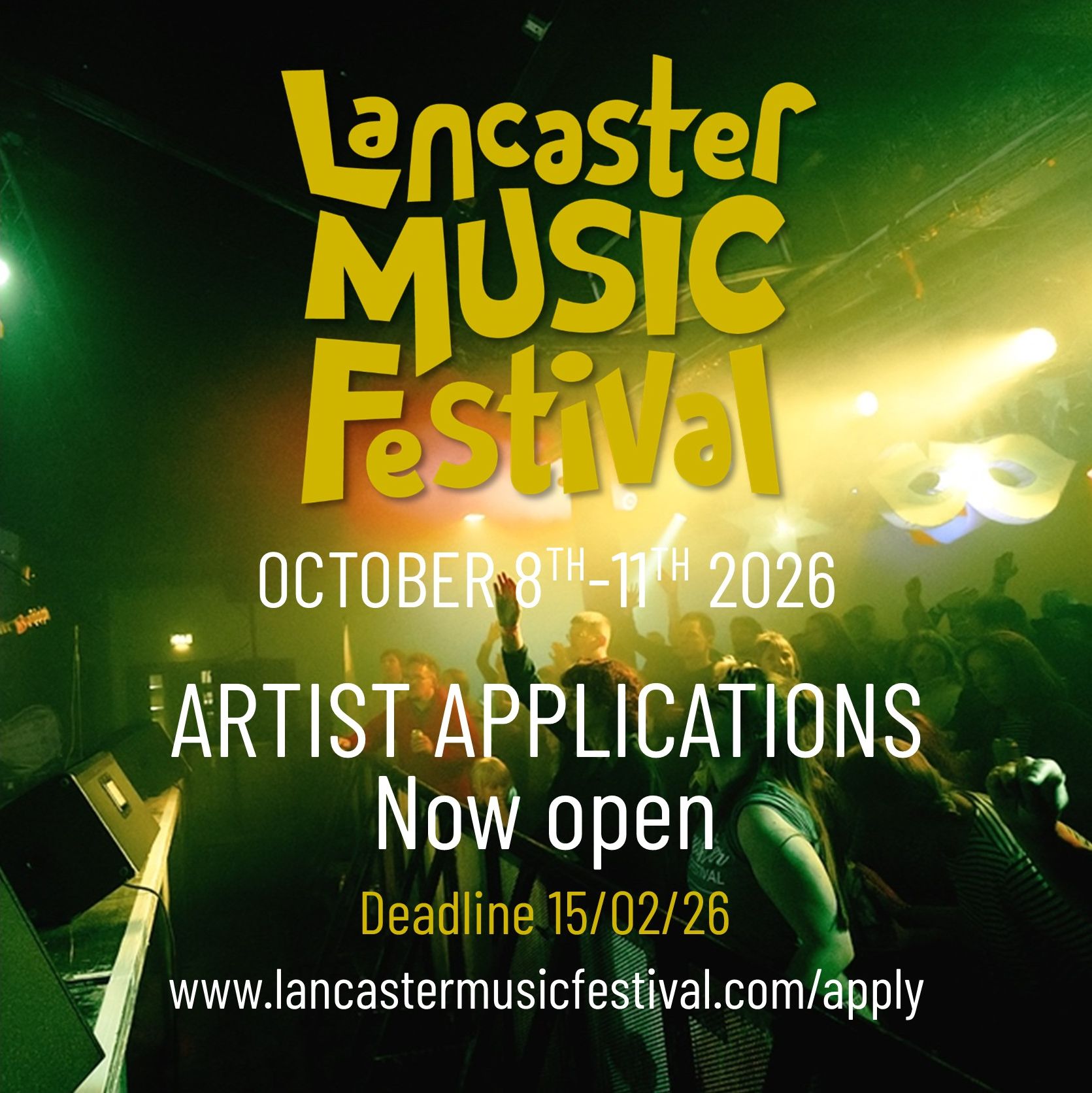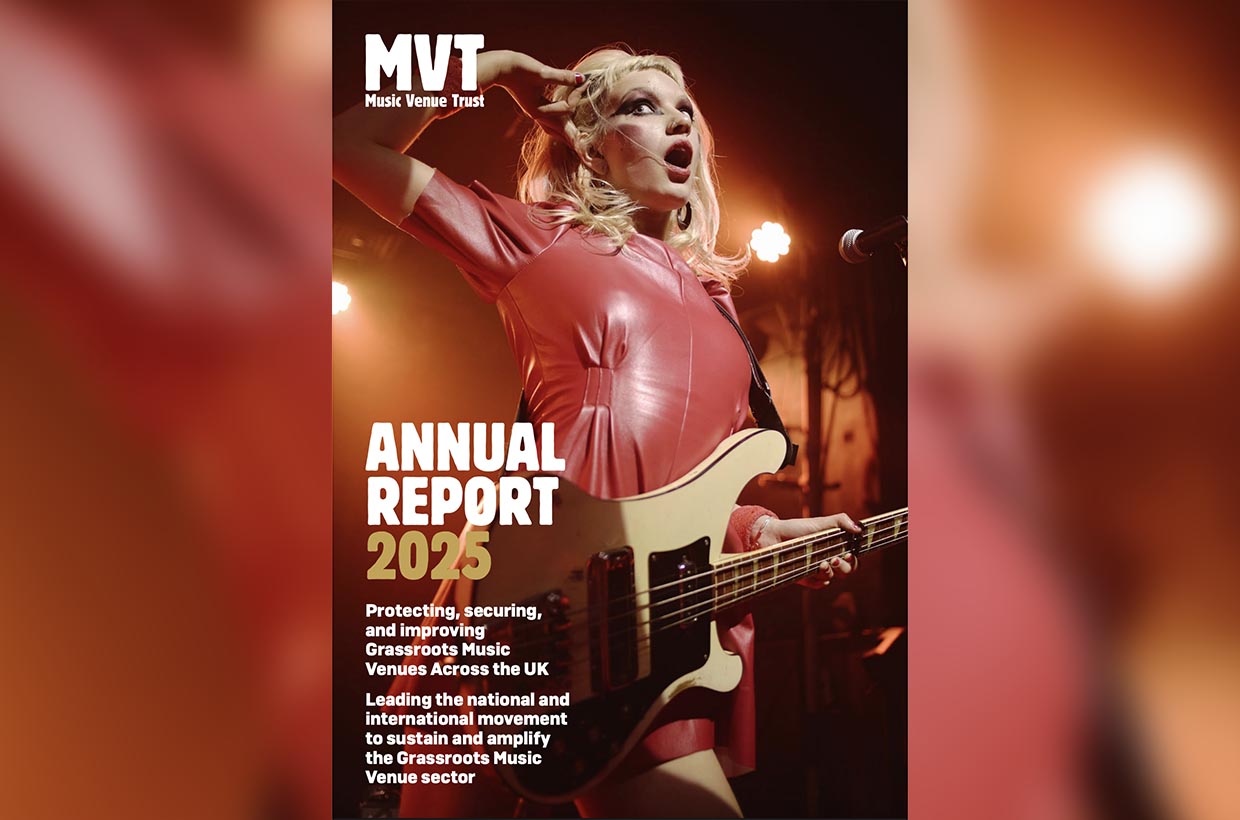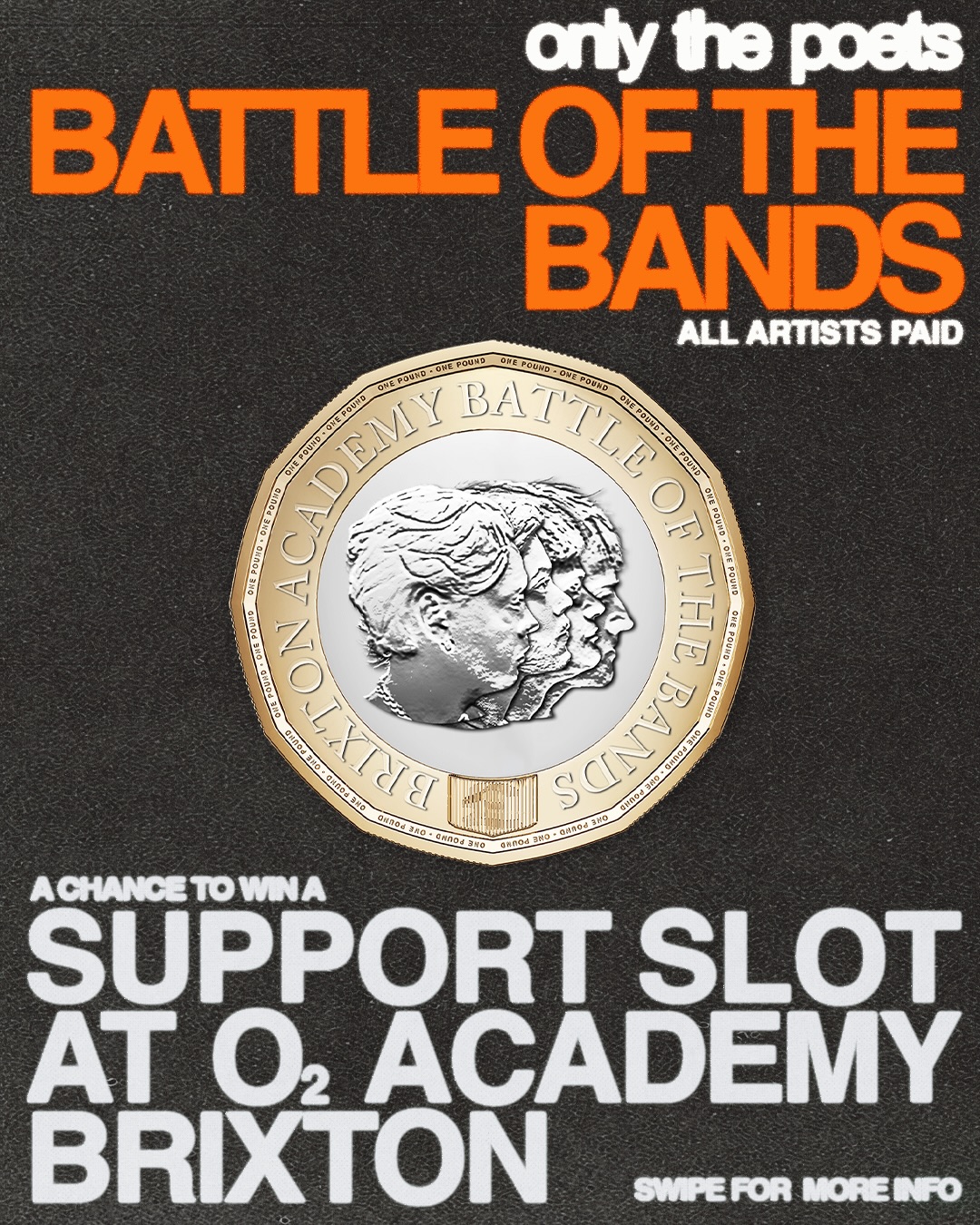Stop for a moment and think about how you are going to get recognised and paid for your efforts. You can get recognised by posting your work to social media sites like SoundCloud, MySpace, YouTube, Facebook etc. You can also get paid via licensing, collecting performance rights or simply selling your band/life away to a label (more on all this later), but this can only be done if you can prove that the work you have produced is yours.
Before you do any of this you should really ensure that the copyright of your work is suitably evidenced. Why? Well, many artists fail to take even the most preliminary steps in adequately assigning/evidencing their copyright. Here are some of the typical myths that we hear when we talk to bands, film-makers, writers, artists in general (with our usual responses):
• “I need to register my copyright”
Well, no you don’t, actually! Not in the UK. The only country that requires copyright registration is the USA.
• “I just send a sealed envelope to myself”
You're thinking about copyright, which is great... but did you know that this has never been accepted as a valid legal form of evidence? Oh, and it costs you money to buy envelopes and stamps!
• “It’s on MySpace/YouTube, etc”
Arrgghhh, did you check the terms and conditions first?! Some of these sites actually take your rights away!
• “It’s on my computer”
As date/time settings can be easily changed on personal computers, any files stored there do not have suitable evidence of creation dates. Oh..and computers get hacked, viruses or can crash.
As we mentioned, you may have already started to promote your work via sites such as SoundCloud, MySpace, Facebook, BandCamp, YouTube and so on. Did you know that these sites won’t protect/provide evidence of your copyright, and some even take your copyrights away when you upload your pictures, videos, music files to their sites (always check the terms and conditions when you sign up to these sites).
So, what is this copyright thing? Copyright serves to prove authorship of artistic and creative works and gives the author(s) exclusive rights to that work. Copyright exists naturally whenever your creative thoughts are captured in a tangible and fixed format (e.g. written down, sketched, recorded etc). You may have heard of the ‘post it to yourself’ approach, where you post yourself a date stamped copy of your work in an envelope. This is old-school style copyright but who wants to be bothered with burning CDs, buying stamps, envelopes in this digital age? This approach has never been proven to work in the UK courts either so don’t waste your time with this.
So how can you show evidence of your copyright an easier way? We created to give creative artists a simple ‘Click to Copyright’ system for the digital age. The system is free to use and provides each user with their own Copyright Portfolio for storing their files. There are no storage limits on the Copyright Portfolio (unlike other file sharing sites) and most media files types are supported. Files can be viewed/played and also shared via social networking sites. There is also a publishing feature so you can upload files direct to sites like SoundCloud, Vimeo, YouTube and the likes straight from your Copyright Portfolio.
When you upload files via the ‘Click to Copyright’ system your work is locked and indelibly stamped in conformance with the Berne Convention – the international standard for copyright law. Future Copyright is backed by media lawyers such as Acumen Media Law (http://acumen.co.uk) and Creative Law (http://creativelaw.eu) who have confirmed that the evidence provided by the site acts as prima facie evidence for a legal case file. The copyright certificate that is generated automatically on each file upload is also used by users to warn potential copyright infringers that they have good evidence that their work is theirs.
Publishing, licensing & copyright
Assuming that you now have your copyright evidence established you will probably want to promote, publish and get paid for your work efforts. So, go ahead and sign-up with and/or or any other publishing company of your choice. These companies will work on your behalf to collect your performing and mechanical rights/royalties from licenced venues and manufacturers/distributors of media. So every time that you or someone else performs or plays your work, you will receive a performance royalty payment. And mechanical royalty payments will be collected from everyone that reproduces your work for broadcast, distribution or online streaming.
All these rights collection agencies/societies/companies require that you own the copyright to your work. So, make sure that you have this evidence for every piece of work that you think might make you some money.
If you would prefer to give your work away for free, our top tip is to do this using Creative Commons licensing. You have probably seen Creative Commons licenses everywhere on the web on sites such as Flickr, RSS feeds, blog sites, music distribution sites, BandCamp, Vimeo, etc. Again, Creative Commons can only be applied to work that you own the copyright to. So, make sure that this is evidenced first. Then decide which type of Creative Commons licence to apply.
Future Copyright Top DOs & DON’Ts
DO record or write down your work in some physical form as soon as you can. Copyright protection only applies to a physical recording (audio, video, written formats) of your work. While it’s in your head as an idea it is not protected.
DO register with collection agencies/societies/companies to collect payments for the performance and use of your work.
DON’T give your work away for free – use Creative Commons licensing to distribute your work (for free) in a controlled manner.
music copyright, future copyright, music rights, copyright songs, music publishing, music licensing







